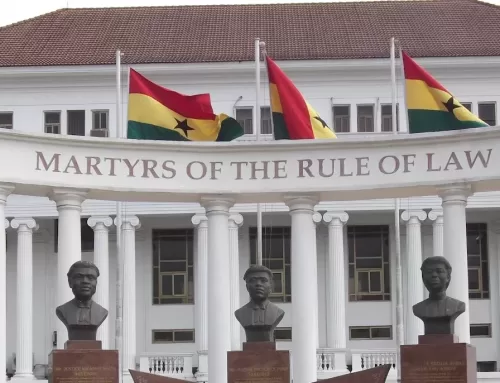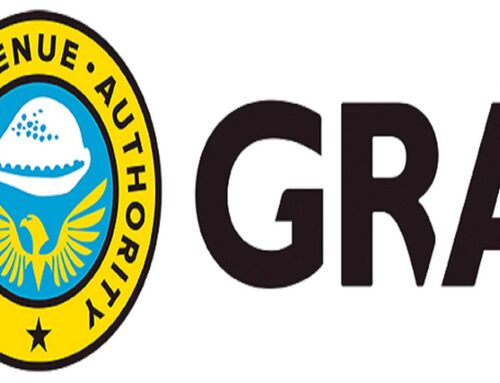Ghana establishes an Independent Tax Appeals Board
Ghana passes the Revenue Administration (Amendment) Act, 2020, Act 1029 to amend the Revenue Administration Act, 2016, Act 915. The primary focus of the amendment is to provide for the establishment of an Independent Tax Appeals Board and other related matters. The Revenue Administration (Amendment) Act, 2020, Act 1029 was given assent by the President of the Republic of Ghana on 6 October 2020 and it came into force on the same day.
In this Alert, we will focus on Independent Tax Appeals Board as set out below:
Function of the Appeals Board
The Appeals Board is to hear and determine appeals against the ‘tax decisions’ of the Commissioner-General of the Ghana Revenue Authority (GRA) with respect to objections to tax decisions and assessments.
Composition of the Appeals Board
- The Appeals Board will be made up of:
- A chairperson, who must be a Ghanaian lawyer of 10 years at the Bar with 10 years’ experience in tax practice or a retired Superior Court Judge.
- Two retired officers of the Ghana Revenue Authority who had a rank of not below the Chief Revenue Officer or who qualify for appointment as tax consultants.
- Two other persons with the same qualification as the chairperson.
- Two representatives nominated by the Chartered Institute of Taxation, Ghana who have 10 years or more tax practice.
- Two representatives nominated by the Institute of Chartered Accountants, Ghana who have 10 years or more practice.
- Two representatives from the private sector who are women.
- The Appeals Board members shall be appointed by the Minister of Finance.
- The Appeal Board members shall have a tenure of four years and may be reappointed for another four years only.
Panel
- The Chairman can constitute more than one panel to hear various appeals at a given time.
- A panel of three (3) members shall be deemed as a duly constituted Appeals Board.
- If a panel that does not have the Chairman as part of it, the Chairman shall appoint one of the members to preside as chairperson. The appointed chairperson must have similar qualifications as the Chairman.
Mode of Business
- Appeals shall be heard in camera (only the parties and the appeal commissioners excluding the press and public).
- Parties can appear in person for a hearing or be represented by either a lawyer, registered tax consultant, accountant, or auditor.
- The Commissioner of the GRA may be represented by any duly authorised person.
- Evidence before the Appeals Board shall be given orally or by affidavit or as may be determined by the Appeals Board.
- Burden of proof lies on the Appellant (taxpayer).
Procedures of the Appeals Board
- A tax appeal against a decision of the Commissioner-General shall be filed with the Executive Secretary of the Appeals Board.
- The appeal against the Commissioner-General must be brought within thirty (30) days of the decision.
- The parties shall be invited to appear before the panel.
- The Appeals Board are not bound by rules of evidence.
- Experts may be invited by the Appeals Board to assist the panel in adjudicating a matter before it.
Decision of the Appeals Board
- Decision of the Appeals Board shall be delivered in writing.
- The decision shall be served on the parties within fourteen (14) days of the decision by the Executive Secretary of the Appeals Board.
- A party aggrieved by the decision of the Appeals Board shall mount an appeal at the High Court within thirty (30) days upon receipt of the decision.




